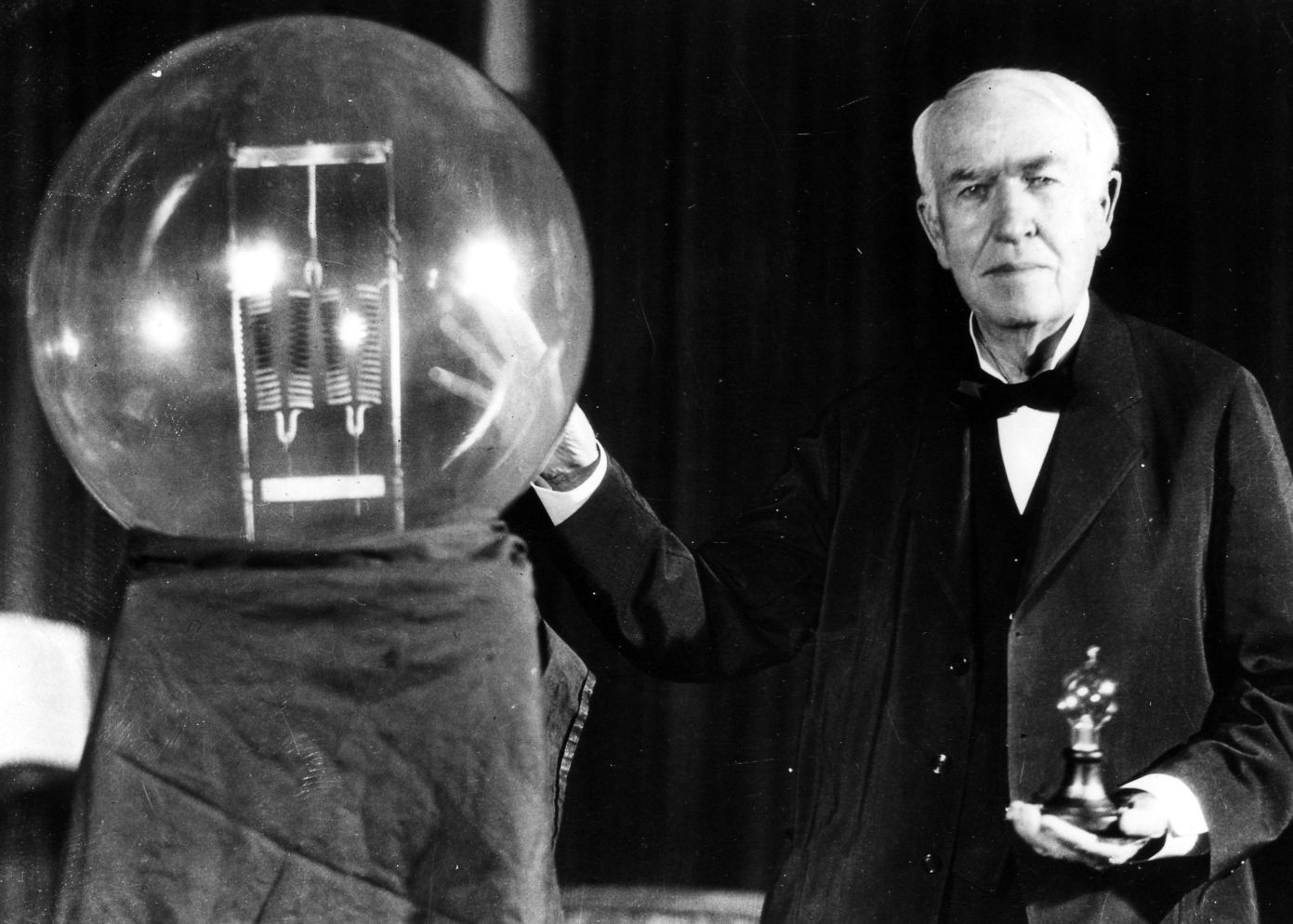Business Strategy with Hirav Shah By embracing adaptability and flexibility, we become more agile in navigating the unpredictable terrain of entrepreneurship

Failure—a word that often evokes fear, disappointment, and uncertainty. Yet, hidden within the depths of failure lie invaluable lessons that have the power to transform our lives and propel us towards greatness. In the journey of entrepreneurship, setbacks are inevitable. But the only time those experiences are a bad thing is when you refuse to learn from them. Don’t let your failures define you. Instead, dust yourself off, pivot if you have to, and get back in the ring! Here are the golden lessons you learn from failure:
1. Resilience and Persistence:
Failure teaches us the importance of resilience and persistence.
- It’s easy to give up when faced with adversity, but true success lies in our ability to bounce back stronger and more determined than ever.
- Every setback is an opportunity to cultivate resilience and build the mental fortitude needed to weather life’s storms.
Example:
- Thomas Edison famously said, “I have not failed. I’ve just found 10,000 ways that won’t work,” referring to his numerous attempts to invent the light bulb.
- Despite facing countless setbacks, Edison persisted, ultimately achieving success and revolutionizing the world with his invention.
Strategy:
- Develop a growth mindset that views failure as a stepping stone to success.
- Embrace challenges as opportunities for growth and see setbacks as temporary obstacles rather than insurmountable barriers.
2. Adaptability and Flexibility:
- Failure forces us to reevaluate our strategies and adapt to changing circumstances.
- When our original plans fall through, we learn to pivot, innovate, and explore new avenues for success.
- By embracing adaptability and flexibility, we become more agile in navigating the unpredictable terrain of entrepreneurship.
Example:
- Airbnb initially struggled to gain traction in the market, but instead of giving up, the founders identified a new opportunity—renting out air mattresses in their apartment.
- This pivot ultimately led to the creation of a billion-dollar company that revolutionized the travel industry.
Strategy:
- Continuously monitor market trends and customer feedback.
- Be willing to pivot your business model or strategy based on changing conditions and emerging opportunities.
3. Self-Reflection and Growth:
- Failure invites us to engage in self-reflection and introspection.
- It’s an opportunity to identify our strengths and weaknesses, uncover areas for improvement, and chart a course towards personal and professional growth.
- Through failure, we gain valuable insights into our capabilities and limitations, paving the way for continuous self-improvement.
Example:
- Steve Jobs was famously ousted from Apple in 1985 after a series of failed product launches.
- During his time away, Jobs reflected on his mistakes and honed his leadership skills.
- When he returned to Apple in 1997, he led the company to unprecedented success with innovations like the iPod, iPhone, and iPad.
Strategy:
- Foster a culture of continuous learning and feedback within your organization.
- Encourage team members to reflect on both successes and failures, extract key learnings, and apply them to future endeavors.
4. Humility and Empathy:
- Failure humbles us and fosters empathy towards others facing similar challenges.
- It reminds us that success is not guaranteed and that we are all vulnerable to setbacks and failures.
- By embracing humility, we cultivate a deeper understanding of the human experience and forge genuine connections with those around us.
Example:
- Oprah Winfrey faced numerous setbacks and challenges throughout her career, including being fired from her first television job.
- These experiences taught her humility and empathy, fueling her passion for storytelling and connection with her audience.
Strategy:
- Practice active listening and empathy in your interactions with others.
- Recognize that everyone experiences failure at some point and offer support and encouragement to those facing challenges.
5. Innovation and Creativity:
- Failure sparks innovation and creativity as we search for new solutions to old problems.
- When our initial attempts fall short, we are inspired to think outside the box, experiment with unconventional ideas, and push the boundaries of what’s possible.
- In the face of failure, innovation becomes our greatest ally in overcoming obstacles and achieving our goals.
Example:
- Henry Ford faced numerous setbacks in his quest to build a reliable and affordable automobile.
- Through experimentation and innovation, he revolutionized the automotive industry with the introduction of the assembly line, making cars accessible to the masses.
Strategy:
- Foster a culture of innovation within your organization by encouraging experimentation and risk-taking.
- Embrace failure as a natural part of the innovation process and celebrate the lessons learned from unsuccessful endeavors.
Conclusion:
- In the journey of entrepreneurship, failure is not the end—it’s the beginning of a new chapter.
- Each setback carries with it a wealth of golden lessons waiting to be uncovered. So, don’t let your failures define you.
- Embrace them as opportunities for growth, resilience, and innovation. Remember, the only true failure is the failure to learn from your mistakes.
- So, dust yourself off, pivot if you have to, and get back in the ring. Your greatest triumph awaits on the other side of failure.
The writer is a well-known Business Turnaround Specialist, Astro-Strategist, and Best-Selling Author.
Email: [email protected]
























